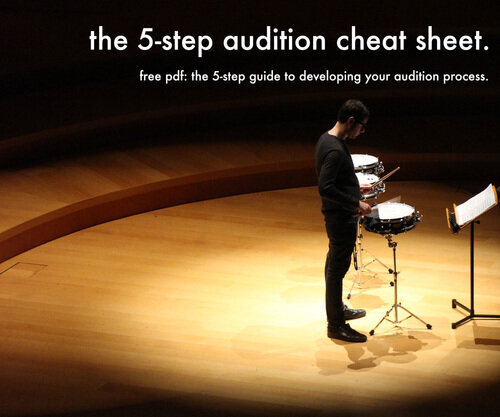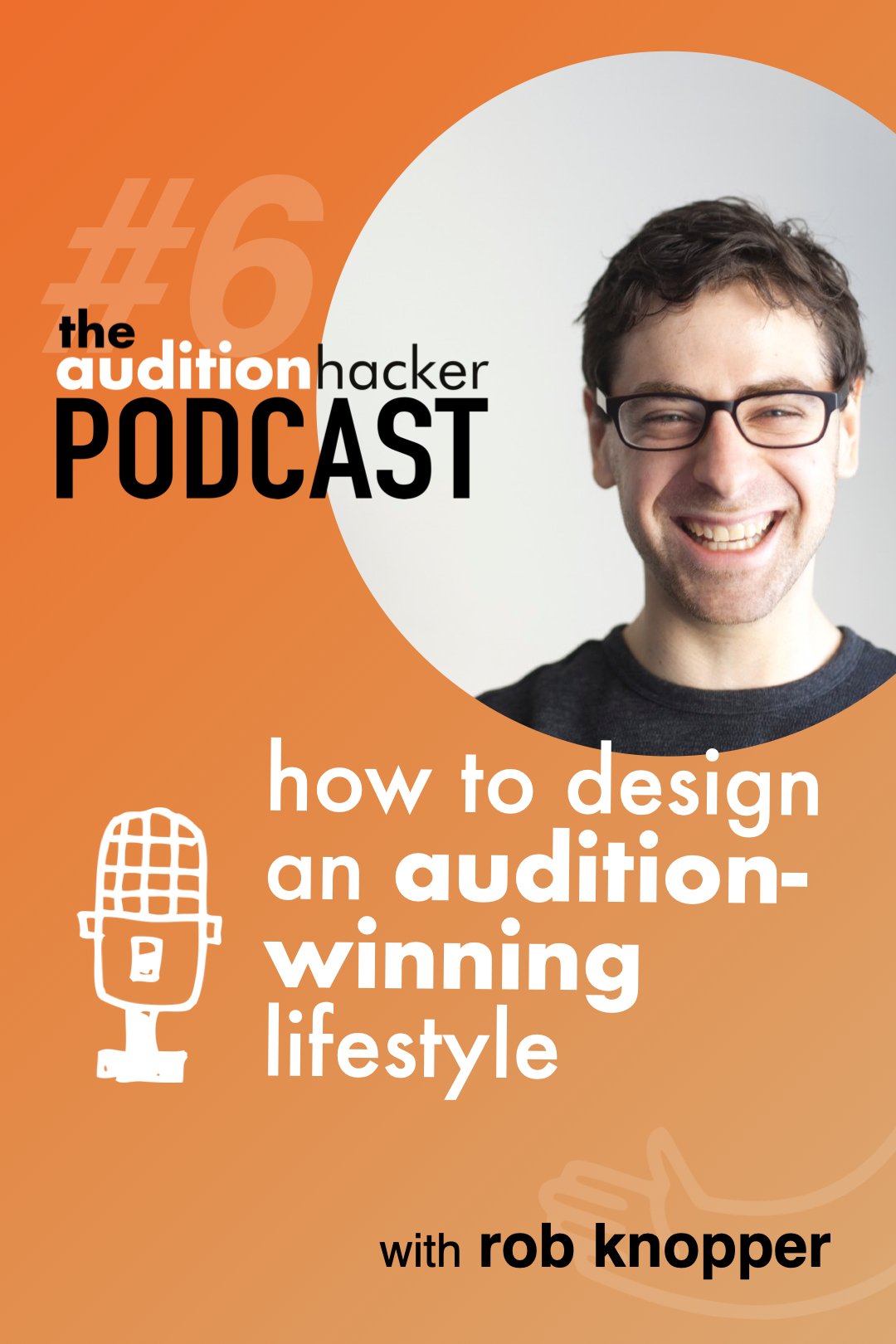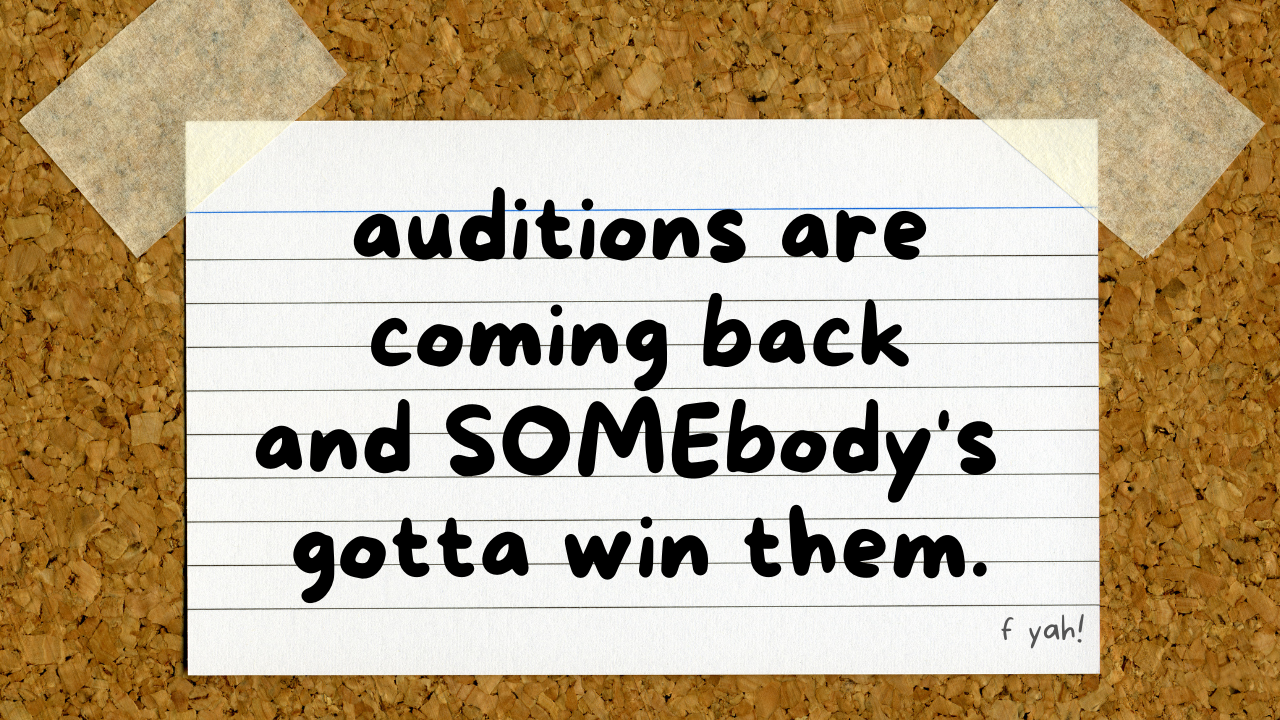last august, at the ripe old age of 32, i walked into a college classroom on the west side of seoul, south korea, and took a seat in my very first korean language class.
i was 20 minutes late for class. the teacher, who was interrupted by my late arrival, turned to me and … just started talking at me.
blah blah blah blah…. blah?
i had absolutely no idea what she was saying. it was all in korean, but it could have been in japanese. or norwegian.
it ended in a cadence that sounded like a question followed by a silence, but i didn’t have a response. how can you respond to a question asked in a foreign language? i understood zero of the words.
she asked again, presumably in a different way so that i could understand.
blah-dee-blah-dee-BLAH blah…. blah???
the whole class looked at me, waiting for a response. but again, i stared blankly back. after 5 seconds of silence, i said a few words that i actually knew how to say in korean, “uh, sorry, i don’t understand.”
in that moment, i was transported back to all the other moments of my life that i felt like i wasn’t good enough. my first summer at interlochen flashed through my brain when i was last chair in the lower orchestra and barely knew who beethoven was. i thought about every audition waiting room watching all the way-better-than-me percussionists warming up for their turn.
wait… why am i learning korean??
these were my korean textbooks. somehow i placed into level 3, which meant that i was expected to be somewhat conversational. ……NOPE
good question. i’ve had this project going on the side for a few years. i'll bring my korean book into rehearsal and read it during long breaks between entrances. and i’ll study vocabulary on my phone during intermission.
see, my wife is korean and her whole family speaks korean, so i'd like to be able to speak more fluently with them. i want to learn about her culture and someday use korean around the house so our kid (if we have one) picks it up as a second language.
(oh yeah, and i also want to pry and read my wife’s text messages with her friends… to see if they’re talking about me. don’t tell her i said that.)
so i decided to live in korea for a while.
last year, instead of returning to the metropolitan opera to start the season in september, i took a sabbatical to fulfill this dream project.
for 4 months i didn’t perform any music, and i didn’t even practice. and besides working with my students in the audition bootcamp and in our inner circle coaching program, i didn’t think about music.
see, i have this underlying need to sink my teeth into an extensive project and master new skills. i’m not sure why i have that character trait, but i do. when i start a new project, i obsess over it. i dive in headfirst and don’t come up for air until i’ve made progress. and just like i obsessed about music for many years, i decided that i want to be great at speaking korean. 저는 최선을 다하고 있어요.
my class was 4 hours a day, 5 days a week. and i did an extra 3 hours of homework each day after class. it was incredibly intense. and even though i had been casually learning on my own, this was on a whole new level.
i was back to being a beginner in a new subject and feeling like the worst in the class.
[back to that terrible first day of class.]
after my embarrassing moment with the teacher, i spent the next 4 hours in class completely lost. i had no idea what she was talking about. i stared directly at her mouth the entire time and tried to focus as intensely as i could on every word. i probably understood about 10% of the words. but if you only understand 10% of the words in a sentence then you understand around 0% of the meaning.
i finished class and got home, completely defeated. how was i going to survive? would i even learn anything if sitting in class felt like watching a foreign film with no subtitles? i considered dropping down to a lower level class.
but then i thought about it a little bit. "well… i want to become a master korean speaker. i know it’s going to be a lot of work, and i know there are going to be lots of times when i feel inadequate. how will i ever become a master if i don’t go through this period of time where i don’t understand things?” i remembered all those times i felt inadequate in my percussion and audition journey, and how each of those experiences contributed to my increasing skill level over many years.
so i made a decision.
even though it was going to be embarrassing to be in such a high level class, i would probably learn more by trying my best and pushing myself as hard as i could than i would by dropping to a lower level. because, just like in music,
your daily habits determine your future level.
i started getting used to it. every day i’d go in, learn an incredible amount of stuff, and try really hard to survive.
eventually i got to the point where i understood 11% of the words, and 1% of the meaning of the sentences. and slowly but surely, instead of feeling like i was “surviving through class,” it just felt like “going to class."
want to nail your next audition?
here’s the five part audition preparation method that i used to win a job at the MET orchestra.
the best part? it works for every instrument.
and then, an incident happened with the barista.
this is where i attempted to order ……double NOPE!
one day, a couple months into my class, i went to my normal coffee shop for my daily coffee. we had been learning about how to order at a restaurant so i decided to try ordering my coffee in korean. as i stood in line, i planned out my sentence. when i got to the front of the line, i squeaked out the sentence. the barista asked me a question in response, but again, it just sounded like mumbo-jumbo. i couldn’t understand a word she said. there were people in line behind me, so i just switched back to english and said, “what?”
it was discouraging that even after all that extensive studying and practicing, i still couldn’t have the most basic, 3-sentence conversation with a barista at a coffee shop.
but instead of getting down about it, i remembered that when i face difficulties, the best response for my future mastery of korean is to change my practice habits.
because your daily habits determine your future level.
so i did 2 things:
while i was on the bus every day, instead of listening to pod save america, i'd listen to the downloadable audio files from my textbook on repeat.
i decided that i would be more insistent on speaking to strangers in korean, even when i sucked at it. i practiced saying, “can you repeat that, please?” in korean over and over and i’m sure it annoyed the bejeezus out of many taxi drivers and convenience store cashiers.
eventually i finished the class.
i didn’t fail, so that’s pretty cool. and then i came home.
and now everyone asks me, “are you fluent now?”
the answer is still no. i have tons of embarrassing moments, all the time. i use the wrong words when talking with my family, my korean colleagues at work, and with my private korean tutor.
but the other day, my wife talked to me completely in korean for 5 minutes, and i somehow understood 100% of the words and meaning. that’s when i knew my work had begun to pay off.
this is most of my awesome extended family after eating a tasty korean dinner! i understood about 20% of the conversation at this meal. i wonder what they all talked about while i was sitting there, eating.
i want to spend the next few months helping you improve your practice habits.
as i go through the experience of being an up-and-coming korean language learner, i can’t help but remember what it felt like to be an up-and-coming classical musician. no matter how hard i worked, it never felt like i could reach the next level.
it inspired me to write a whole bunch of upcoming content about the topic of practice habits. even when you feel like you’ll stay mediocre forever, one thing remains true:
today’s habits determine your future level.
the only thing that you can do about errors, embarrassing moments, rejections, or obstacles is to adjust and tweak your system of daily practice. that’s part of mastering anything.
over the next few months, i’ll be coming out with a whole bunch of topics to help you develop better practice habits. they include:
interviews with audition winners about how they organize their practice
tips on how to practice for maximum yes votes
trainings on how to improve your mindset on audition day
a new in-depth course about how to organize your practice
also, in april we’ll be announcing our summer audition bootcamp dates and in may i’ll be doing interviews for the next session of our exclusive audition coaching program, called rob’s inner circle.
i hope you’ll join me!
this is just me and my wife in front of a cool korean building with an arched roof. i’m sure it has some sort of historical significance, or something.
p.s. yes i did see that the korean movie parasite won all the oscars yesterday, and no i haven’t seen it but i’m getting right around to it.
p.p.s. 한국말을 할 수 있는 독자들이 있나요? 한국말로 답장해 주세요!
want to nail your next audition?
here’s the five part audition preparation method that i used to win a job at the MET orchestra.
the best part? it works for every instrument.

















in 2019, a cellist named maria reached out to me about her audition struggles. on paper, she was the “worst audition candidate ever” (her words). she had 2 small children, a full-time teaching job, and hadn’t taken an audition in 4 years.